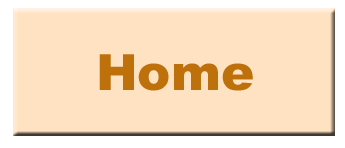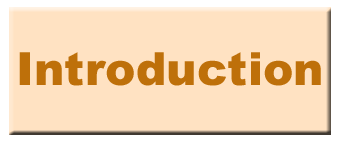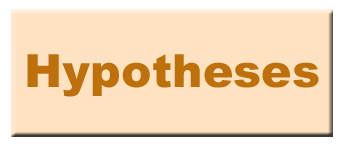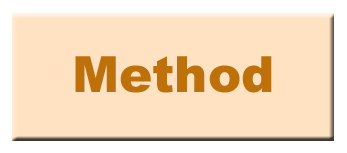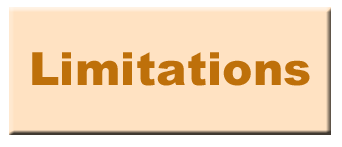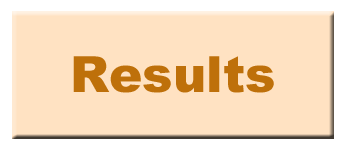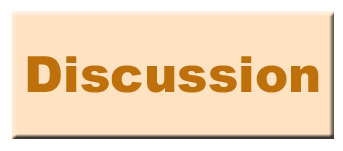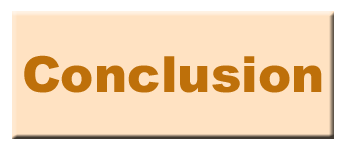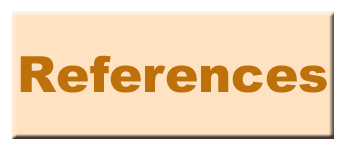Conclusion
From our study we learned that 52% of participants buy their textbooks online from Amazon, eBay, or another online shopping website and 16% rented textbooks from a renter website like Chegg. We also learned that only 10% of survey participants bought their textbooks and additional 10% rented books from the DePaul bookstore. In response to why students chose the method they do to obtain their textbooks, 80% of our sample indicated because of price differences, 36% said because of convenience, and 33% of the participants said because of immediacy of acquired textbooks. In response to their overall textbook searching/shopping experience, only 19% were very satisfied with the textbook obtainment method, while 45% were somewhat satisfied and 23% of the participants were neutral about their methods.
In regards to our results, we expected students to more likely to rent or buy their textbooks online than from the bookstore. The textbook prices at the university bookstore are expensive and many of the books students need can often be found online at significant cheaper prices. On the other hand, we were surprised that only 2% of survey sample downloaded textbooks via a Kindle, e-Reader, iPad devices. With the advancement and frequent use of technology, we expected a higher percentage of textbook downloads via e-readers. We thought there would be an increase because students can easily find and purchase e-textbooks at the DePaul bookstore and online. In addition, because e-textbooks are environmental friendly and easier to carry, we generalize that students would be more interested in purchasing an e-textbook than a traditional one.
Some of our implications include a small and unbalanced sample size. Most of our sample included females and most upperclassmen participants. Having an equal amount of participants by gender and upper and lowerclassmen students can have a tremendous impact on survey results. Although, 94 survey participants is an adequate number for a small study, 94 participants are not sufficient to effectively conclude any theories or inferences. DePaul has a large student body population; it would be ideal to include more survey participants to receive better and diversified results and written responses.
For future direction, more survey collection can be conducted at other universities in the Chicago area. Furthermore, survey results can be compared to analyze any correlations or trends among textbook renting/buying and among the freeform responses. Another future direction include to administer the survey at the beginning of Fall quarter and the same survey during Spring and analyze any differences in responses and perceptions during the year. Lastly, researchers can enhance the overall study by recording and comparing textbook prices from the campus bookstores, online sources such as Amazon and eBay and also compared price differences between textbooks rentals and purchases.
Some questions that remain unanswered from our study include a student's estimated cost of textbooks per quarter, if the student is saving on their way of obtainment of textbooks and how much they think they save, and if the campus bookstore feels any impact of students buying or renting their textbooks elsewhere.

